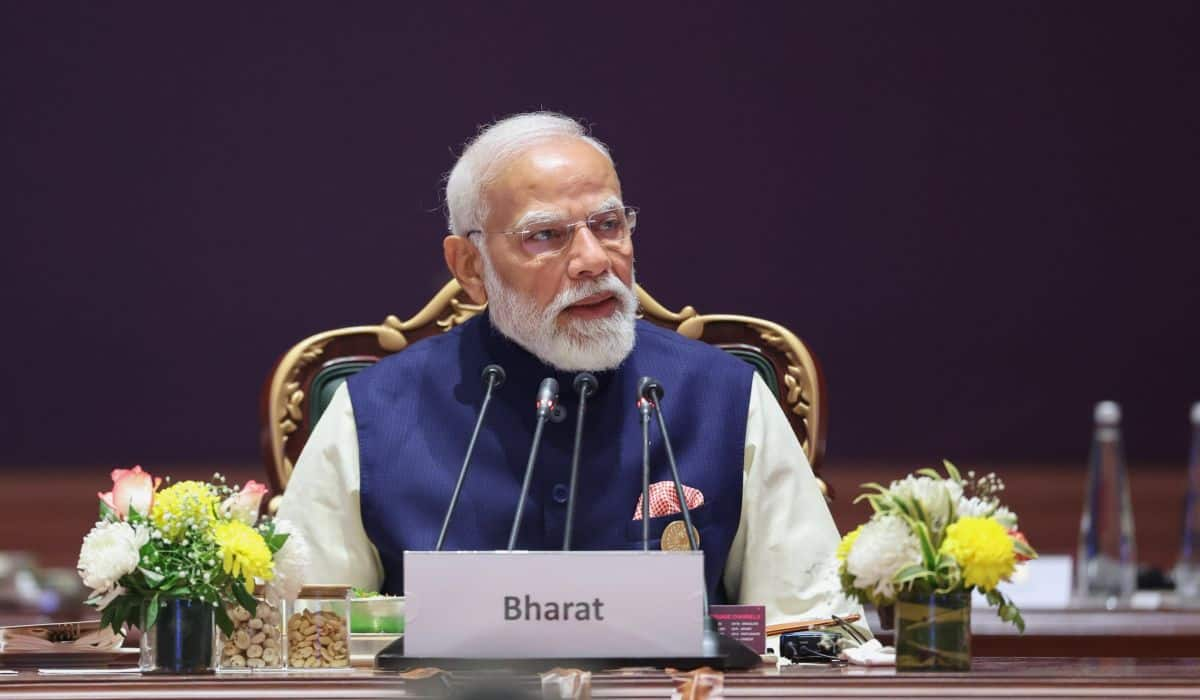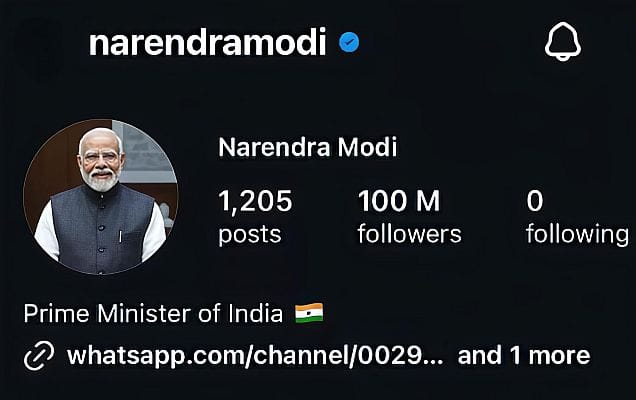Eternal Vigilance is the Price of Liberty
Dear Friends,
“At the stroke of the midnight hour, when the world sleeps, India will awake to life and freedom.”- Pandit Jawaharlal Nehru to the Constituent Assembly on 15th August 1947.
But, at the stroke of midnight on 25th-26th June 1975 as the world slept, India awoke to spell of authoritarianism as Prime Minister Mrs. Indira Gandhi clamped down a state of emergency across the nation. The very basic tenets of free speech and democracy on which our great founding fathers created this nation suddenly came under cloud. And few missed the irony that the leader doing this not only belonged to Pandit Nehru’s party but also his own family.

Today 37 years may have passed since the Emergency was imposed but the lessons learnt from those 2 years are extremely relevant not only now but also for years to come.
This Emergency was the final assault of an insensitive Government intoxicated with power, one that had become completely disconnected from the very people that voted it to office. The nation reeled under extreme price rise as the promise of ‘Garibi Hatao’ seemed both a distant memory and a cruel joke played on the people of this Country. Long lines for essential commodities and families struggling to make ends meet had become very common. Corruption had become a part and parcel of those occupying the high offices.
Finally, on 12th June 1975 the Judiciary put the brakes on none other than the Prime Minister herself. Unable to digest the bitter pill prescribed by the Allahabad High Court combined with the fear of being routed at the hustings, a helpless Government took the easier way to simply trample down on public opinion.
It would be appropriate to call the Emergency as one of the darkest periods in the history of India. All leading Opposition leaders were arrested immediately, irrespective of which part of the country they were in.
Even social and patriotic organizations were not spared. The RSS was banned and a large number of people arrested were RSS Swayamsevaks. The role played by the RSS in the underground movement to resist the Emergency is extremely inspiring, serving as a rock of support to patriots across India irrespective of what one’s ideological inclinations were. Since Mrs. Gandhi perpetually saw a ‘RSS hand’ in ‘destabilizing’, the RSS faced the highest brunt of state repression in those dark days.
Censorship became the other cruel aspect of the Emergency. Along with Opposition leaders, newspaper and media houses saw the ugly side of totalitarianism. There were blackouts on the press and if something had to be published, it could only be done after prior approval from the Government. Who can forget the blank page of the Indian Express that appeared on the next day of the imposition of the Emergency, which became the notable exception to the worst form of censorship? Matters were so bad that even Congressmen who were relatively more inclined to democratic politics were not spared. They were shunted out of their posts into the realm of obscurity. Opposing the anti-people Congress government was nothing less than a hideous national crime.
During the Emergency, the people of India showed yet again that they were not those who could take such things lying down. No sooner was the Emergency imposed than the murmurs of discontent began to spread, which eventually turned into the mammoth anti-Emergency movement that resisted tooth and nail this lethal assault on values of freedom and democracy. I remember thousands of people shunned any fear of arrest and coordinating protests against the Government. In every sense, the anti-Emergency protests demonstrated a true mass movement that involved people from all sections of society.
A striking facet of the anti-Emergency protests was the participation of the youth across the nation to resist tyranny and authoritarianism. Just like the Freedom Struggle in 1942, we had a situation in which all senior social and political leaders were arrested. This is when the youth came forward and displayed immense passion, vision, courage and dedication.
No mention about the Emergency is complete without remembering Shri Jay Prakash Narayan. In every sense, JP was the anchor that guided the anti-Emergency protests across the length and breadth of India. If there a single leader who had sent shivers down the throats of the insensitive Congress Party, it was JP! In JP we saw a fresh ray of hope, a star that could end the misery of the disadvantaged sections of society. It was on his call that the entire country got united to resist this Constitutional savagery.
It finally took a little less than 2 years and combined might of the people of India for the rulers to realize their mistake. Fresh elections were called in 1977 and Mrs. Gandhi who was till then considered invincible was comprehensively rejected through the ballot.
It is also heartening to share that Gujarat played a major role not only in the build up but also in the protests against the Emergency. The situation in the state almost mirrored the situation in the country. The Navnirman Movement exposed the chinks in the Congress armour and demonstrated the might of student power.
Dear Friends, to me the struggle against Emergency was all about people power. In ways more than one, it made us value our democratic foundations even more. The Emergency is the story of scores of brave individuals many of whom devoted their entire life to the cause of Mother India! Today is the day we should remember these brave men and women who sacrificed themselves at the altars of democracy and free speech.
I too have many memories attached with the Emergency. I also had the opportunity to share them in my book ‘Apatkalme Gujarat’ (Gujarat During the Emergency) where I have charted out the historical context, the mass movement and the heroic deeds of brave individuals separated by age and creed but united in their commitment to some of the basic values of India like Freedom of Expression that were threatened by the Emergency. I hope you enjoy reading it.
Yours,
![]()
Narendra Modi
Read 'Apatkalme Gujarat', Shri Narendra Modi's absorbing work on Gujarat during the dark Emergency days
Also Read in Gujarati : "Sangharshma Gujarat"














